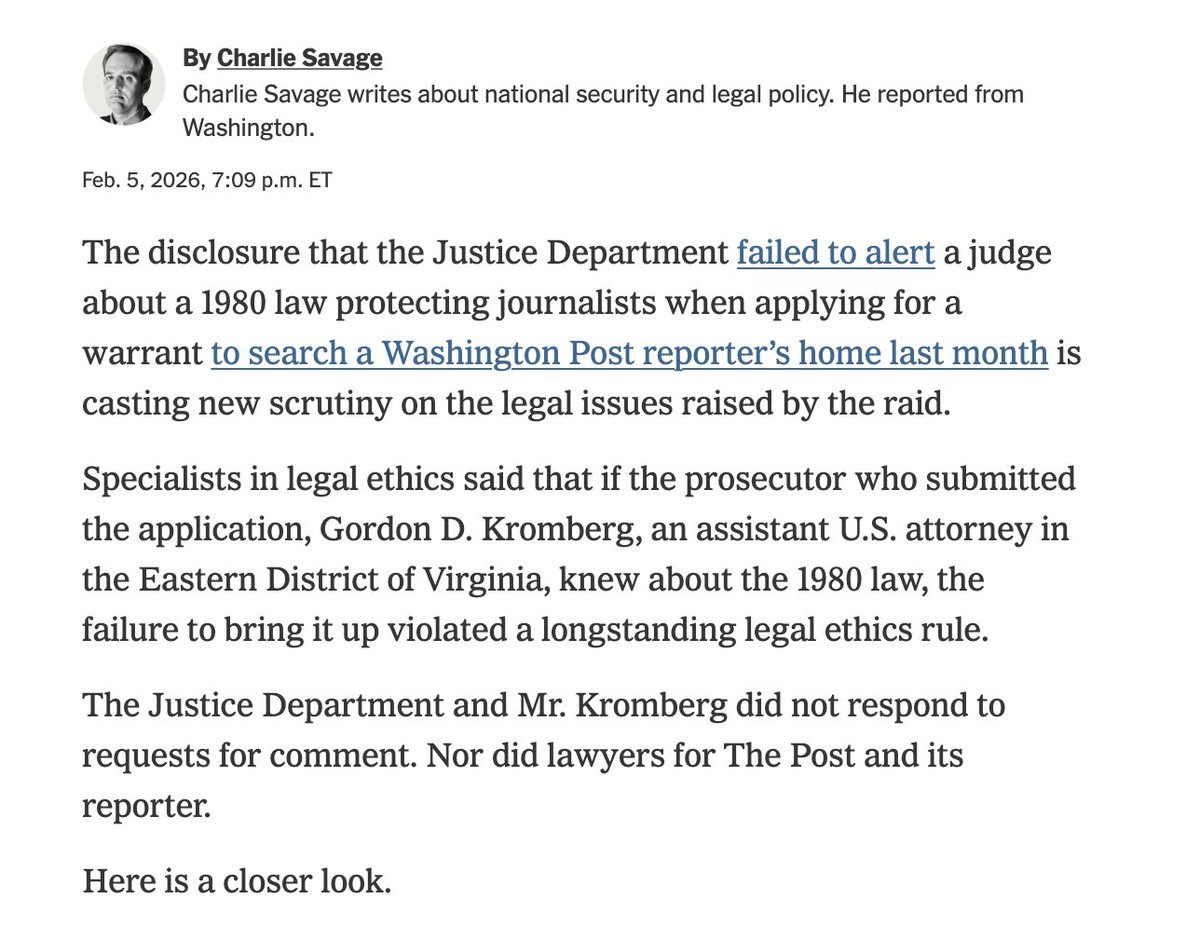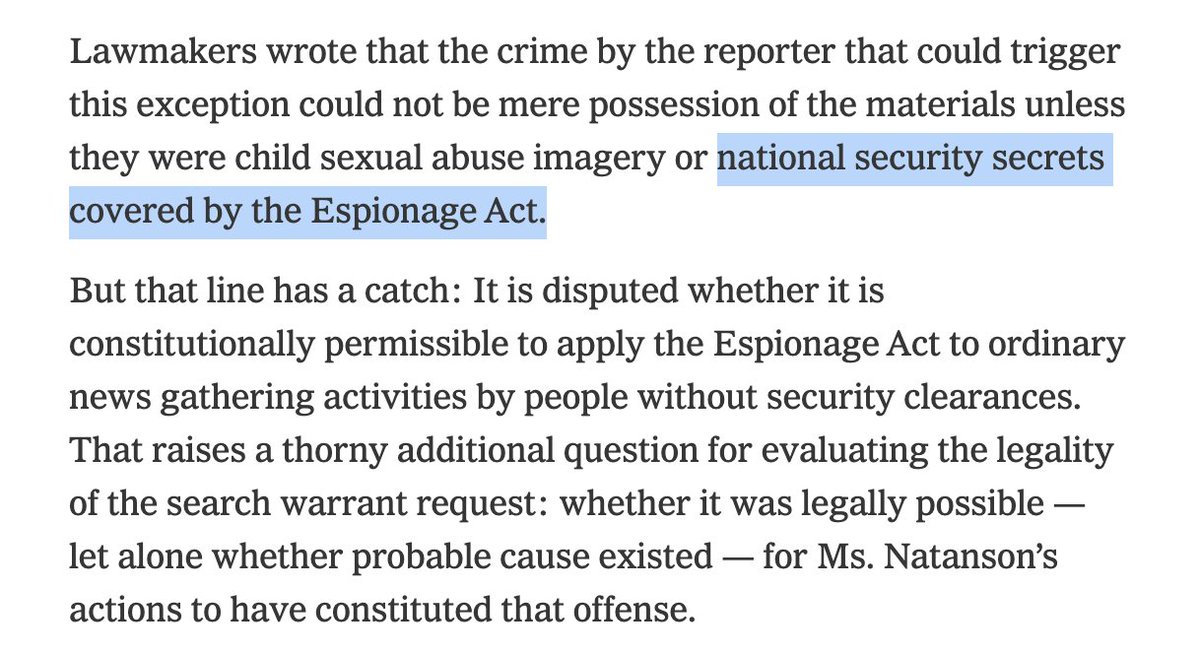While states are debating whether to extend the #DiplomaPrivilege to 2020 law school graduates, here are a few thoughts on the broader debate over what barriers should be in place to practice law. (Thread.)
In most states, I gather there are two major limits. 1st, everyone has to pass the bar exam to practice. And 2nd, everyone need to get into and graduate from an ABA-accredited school -- a process that requires schools to have a certain bar passage rate. americanbar.org/news/abanews/a…
Proposals to have a Diploma Privilege raise really interesting questions about whether these barriers should exist, and if they shouldn't, what if anything should replace them.
One argument I have heard from students is that the bar exam should be abolished, as it's not clear it separates out the qualified from unqualified. I'm sympathetic to that: I took the CA bar exam recently, and it was weirdly out of step with lawyering. reason.com/2018/07/12/tak…
But let's assume you abolish the bar exam. What do you do with ABA accreditation, which requires a certain bar passage rate? Those accreditation standards assume a bar exam. How should they change if there is no bar exam?
Another Q is how law schools should change if there is no bar exam. Under the current system, most schools can more or less ignore admission to practice. They can make the JD program mostly electives, w/students free to take what courses they want and everyone passing.
If there's no bar exam, should that change? Should law schools limit electives and have more of a core curriculum to ensure that students are exposed to important areas? Should they tighten grading standards?
I don't have any answers, to be clear. (Sorry!) But there are really interesting questions, as the curriculum and grading in law schools, and the accreditation process, is premised on there being a bar exam. If you remove the exam, other parts parts have to be rethought.
FWIW, my own sense is that the best way forward with the Class of 2020 is to have some kind provisional licensing until the pandemic is over. And I would probably change the permanent bar exam so it tests legal skills and not memorization.
If those changes are made, it might make sense to require more of a core curriculum requirement on law schools. I was also intrigued by @LidskyLidsky's idea of having an initial bar exam relating to 1L topics after 1L year, not after 3L year.
https://twitter.com/LidskyLidsky/status/1283053735074299907
Maybe you could do that after 1L year, and then have a legal skills exam after 3L year like the CA bar exam's performance test (writing a memo based on materials they give you, not requiring memorization of endless rules from 18 subjects).
There are lots of ways to rethink the process, I think. /end
• • •
Missing some Tweet in this thread? You can try to
force a refresh





















